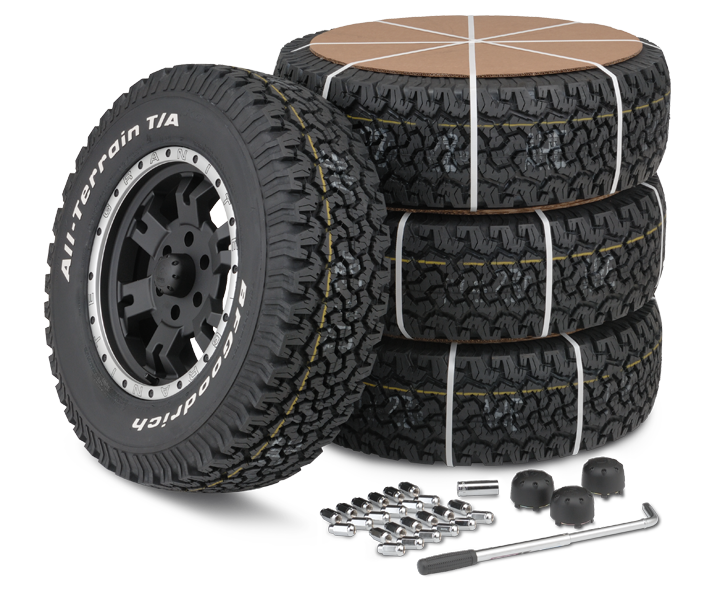Tire Service: Recognizing Tire Pressure Tracking Solutions
Recognizing Tire Pressure Surveillance Equipments (TPMS) is an essential facet of keeping ideal lorry efficiency and security on the roadway. With advancements in automotive technology, TPMS has actually come to be a conventional feature in modern-day automobiles, offering real-time info on tire stress degrees.

Importance of TPMS
The value of Tire Pressure Surveillance Solutions (TPMS) depends on their capability to enhance vehicle security and performance with real-time surveillance of tire pressure levels. Keeping the correct tire pressure is important for making certain optimal handling, braking, and general safety of a lorry. TPMS supplies drivers with instant responses on any type of underinflated or overinflated tires, allowing for timely changes to be made.
Components of TPMS
Sensors are commonly situated in the tire shutoff stem or affixed to the wheel setting up, where they determine tire stress and send information to the control module. Some advanced TPMS models likewise present the real tire pressure analyses for each tire, offering motorists with real-time details to make certain optimal tire efficiency and security. By keeping track of tire pressure continuously, TPMS aids stop crashes, lowers tire wear, and enhances fuel effectiveness, making it a crucial component for car security and efficiency. mopar tire service specials.
Kinds Of TPMS

On the various other hand, indirect TPMS depends on the car's wheel speed sensing units to monitor tire pressure. This system finds underinflation by contrasting the rotational speeds of the wheels. Indirect TPMS is less expensive than direct TPMS, as it makes use of existing sensing units within the vehicle.
While direct TPMS provides more precise analyses, indirect TPMS is less complex in layout and typically needs less upkeep. Both systems have their constraints and advantages, and the selection between them usually depends on variables such as price, car make, and personal preference. Recognizing the distinctions between these 2 sorts of TPMS can aid automobile owners make notified choices concerning tire upkeep and security.
TPMS Maintenance Tips
Efficient upkeep of TPMS is crucial for making certain optimal performance and safety of your lorry. Regularly inspecting the TPMS sensing units for any type of damages or corrosion is why not check here critical. Guarantee that the sensors are clean and cost-free from debris that might conflict with their functioning. In addition, it is advisable to check the sensing unit batteries regularly and change them as needed to assure precise article readings. Conduct regular look at the tire stress levels and compare them with the TPMS readings to ensure they are constant. If there are any inconsistencies, rectify the system complying with the producer's guidelines. Throughout tire rotation or substitute, make sure that the TPMS parts are handled carefully to stop any kind of possible damage. Lastly, if the TPMS warning light illuminates on the dashboard, resolve the problem without delay by checking the tire pressures and the total system for any type of faults. By adhering to these upkeep ideas, you can extend the life-span of your TPMS and improve the security of your driving experience.
Advantages of Appropriate Tire Stress
Preserving proper tire stress, as emphasized in TPMS Maintenance Tips, is essential for enjoying the countless benefits connected with optimal tire stress levels. Among the key advantages of preserving the correct tire pressure is boosted gas efficiency. When tires are properly blown up, there is less moving resistance, causing far better fuel economy. Additionally, proper tire stress ensures even tire wear, prolonging the life-span of the tires and promoting more secure driving conditions. With the appropriate tire pressure, vehicles also have better handling and traction, specifically in adverse climate condition. This can improve overall driving performance and security for the driver and guests. Maintaining ideal tire pressure can contribute to a smoother and extra comfy ride by minimizing resonances and noise triggered by underinflated tires. Finally, the advantages of appropriate tire stress go past simply check here tire longevity; they include enhanced fuel efficiency, improved security, much better lorry performance, and total driving convenience.
Verdict
To conclude, understanding tire pressure tracking systems (TPMS) is vital for keeping optimum tire stress and making certain vehicle safety and security. By identifying the importance of TPMS, being familiar with its elements, recognizing the various types offered, sticking to appropriate maintenance pointers, and understanding the advantages of maintaining correct tire pressure, chauffeurs can boost their driving experience and prolong the life-span of their tires. Proper tire pressure is vital to efficient and risk-free lorry operation.
